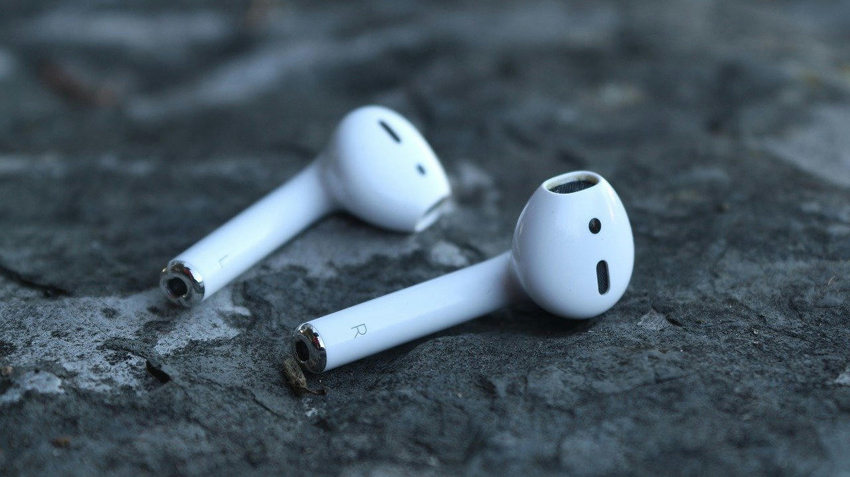Exploding headphones
Are almost a new problem after self-igniting batteries, and with good reason. Descriptions of incidents often appear in the media when headphones exploded right in the user’s ear or pocket. Let’s figure out why this is happening and how dangerous it is.
Unfortunately, wireless headphones can indeed cause burns and other injuries. Both expensive TWS headphones and completely budget NoName models explode. In media reports, there are cases when the headphones began to smoke, melted, or even exploded right in the ear or on the user’s head.
The reason is the explosion of a miniature battery in the headphones, and this is not surprising: any lithium-ion batteries can explode for a number of reasons: overheating, due to a short circuit in the battery or damage.

Rechargeable lithium-ion batteries are used in electronics due to their high energy density and low memory effect. Unfortunately, they are more susceptible to thermal runaway, which can cause a fire. In addition, lithium-ion batteries contain a pressurized flammable electrolyte. Short-circuiting a battery cell may overheat nearby cells, which could cause a fire.
To prevent this, battery packs usually contain safety features that shut it off when the voltage exceeds a safe level. But they don’t always work.
What can you do to avoid hitting the headlines with a headphone explosion?
- Don’t buy budget headphones from unknown brands. The point is that such models imply cost savings in their manufacture, including a decrease in the cost of lithium-ion batteries and safety equipment.
- Store your headphones neatly. Hold them so as not to accidentally crush the case, and be careful not to drop or damage the headphones in any other way. Store them in a protective case whenever you finish using them.
- Use a suitable charger. Most manufacturers advise avoiding fast chargers and choosing chargers from well-known manufacturers. Insufficient power supply of cheap analogs can damage the battery, and chargers that have too much power send more current, which can lead to an explosion of the gadget.
- Avoid extreme temperatures when charging: Lithium-ion batteries are sensitive to temperature changes. This can increase the heat load, especially when it is very hot outside or indoors.
- Pay attention to visible changes in the headphones. If your lithium-ion battery breaks down, one of the clear signs is that it expands. If you notice any signs of swelling in the headphones, they should never be used. You should also be alerted to a strange smell.
Finally, keep in mind that wireless headphone explosions are rare, but they do happen. Even if the battery is manufactured to the highest quality standards, it can fail. The safest way to avoid danger is to reject wireless technology, but this option is not for everyone.
